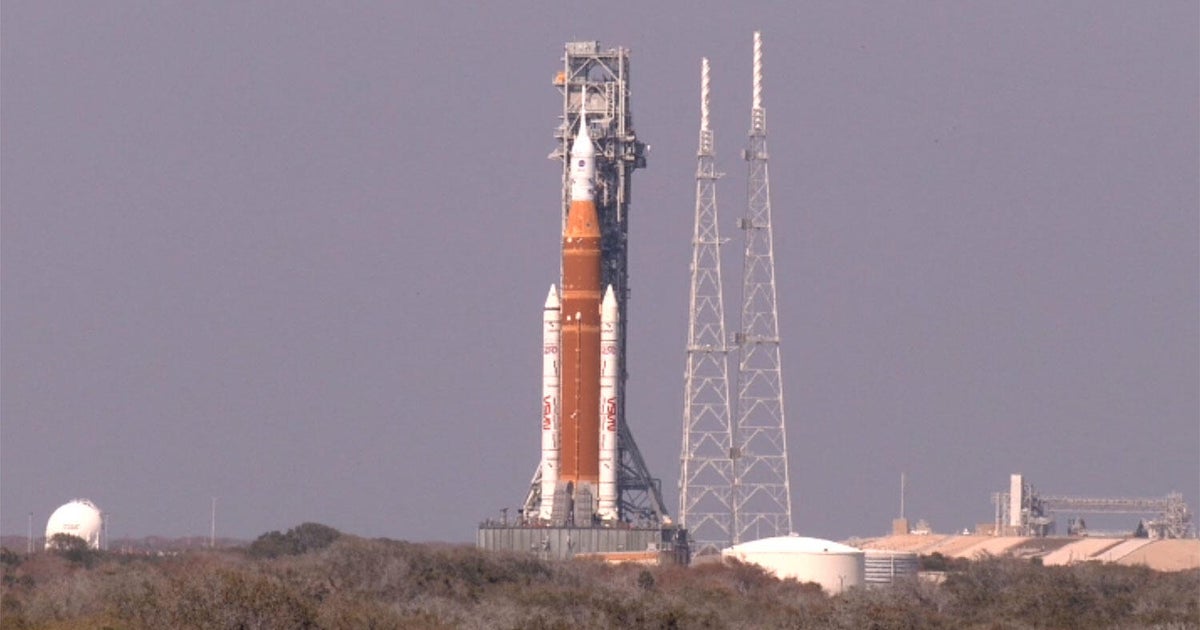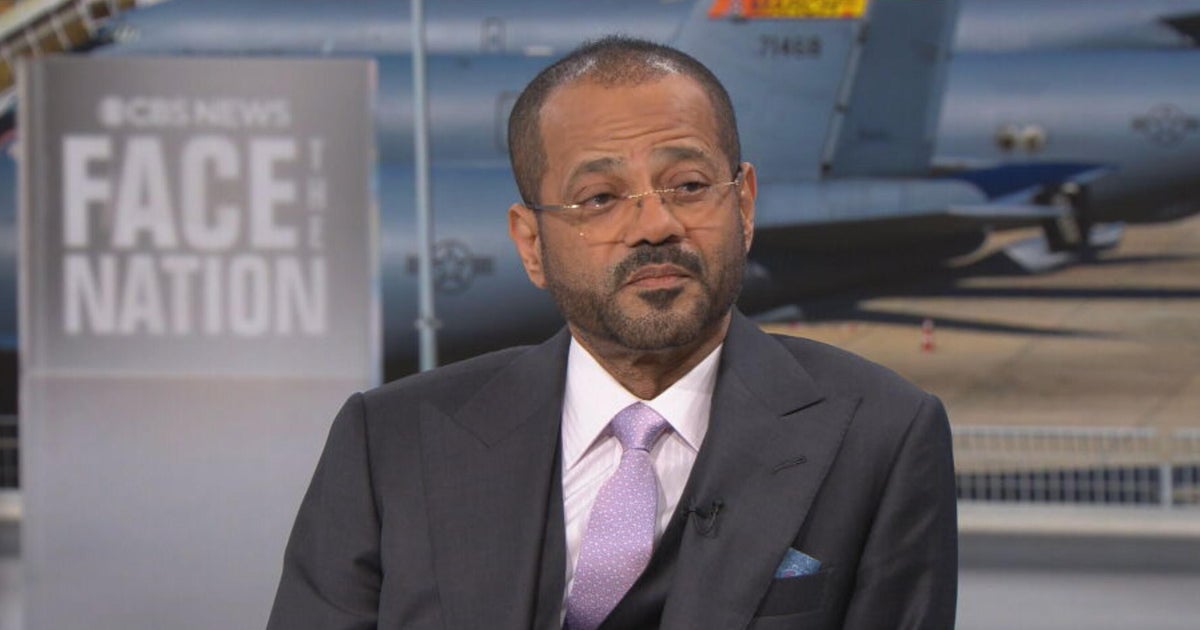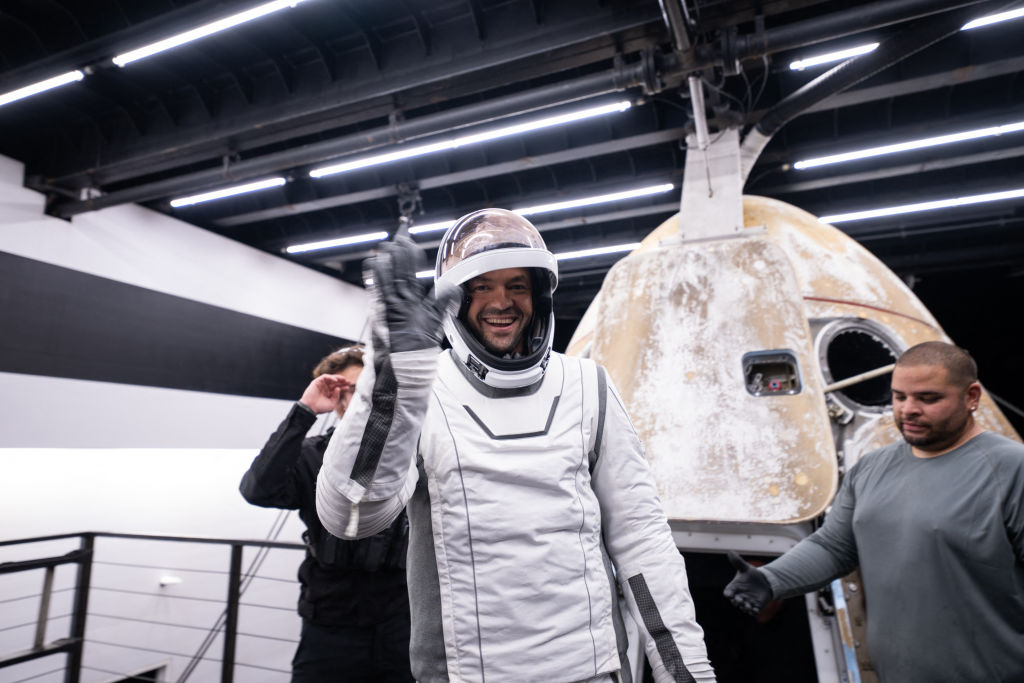Archives: Apollo 11 Astronauts on travel to Mars
Fifty years ago Americans across the country were tuning in to watch three brave astronauts complete, "one small step for man, one giant leap for mankind" as people walked on the moon for the first time.
Today NASA is once again preparing for a trip to the moon, with the Artemis mission scheduled to land on the lunar surface in 2024 with plans to stay much longer than the previous Apollo missions.
NASA administrator Jim Bridenstine told Face the Nation Moderator Margaret Brennan that returning to the moon this time is about sustainability.
"We go to the Moon, so that we can learn how to live and work on another world and, ultimately, have more access to the solar system than ever before so that we can get, no kidding, to Mars," Bridenstine said.
But Mars has been on the minds of NASA for decades now. Following their return to Earth, Apollo 11 Mission Commander Neil Armstrong, his colleague in the moon walk Colonel Edwin E. Aldrin, Jr., and Command Module Pilot Lieutenant Colonel Michael Collins joined Face the Nation to talk about their hopes for seeing humans on Mars by 1981.
"We can do much more in ten years than we would expect and if we judge that will probably be true, then I think in ten years we will be looking at the planets," Armstrong said. "I am quite certain that goals of the Mars variety are within our range, should we choose to decide to make that investment of our national resources."
Collins agreed, also aligning with ideas from today that missions closer to Earth would help prepare for the long journey to the red planet.
"I don't think 1981 is too soon," Collins said. "I think it is well within our capability to do so. As Neil [Armstrong] pointed out, the very nature of the long duration of the trip requires careful design and testing of the equipment, which could easily be done in Earth orbit with a number of ancillary benefits in terms of earth resources observations and other things which the non-Mars people would propose as well."
Aldrin, however, was more skeptical about hitting the 1981 deadline and instead wanted to focus on making a timetable of smaller missions to build upon.
"I think we would like to spell out what our complete intentions are and to set these goals in an intermediate way and then, as we reach these intermediate goals, then I believe we will be able to better define exactly what our longer term goals are in terms of ten years from now," Aldrin said. "I think it is very difficult to make estimates at this time for something as difficult and as complex and as time-consuming as a Mars trip."



